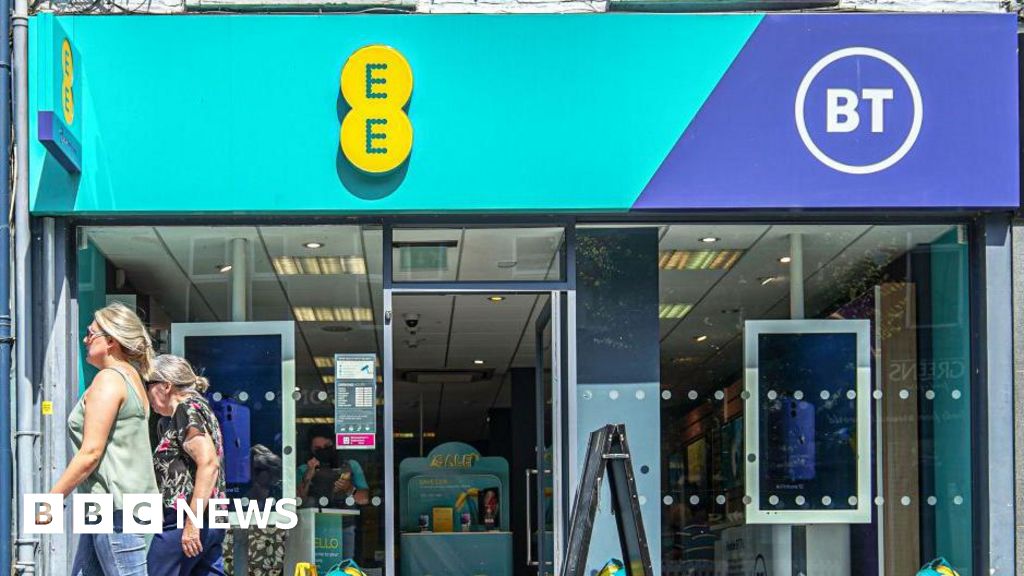In This Article:
This is The Takeaway from today's Morning Brief, which you can sign up to receive in your inbox every morning along with:
-
The Chart of the Day
-
What we're watching
-
What we're reading
-
Economic data releases and earnings
What's the next catalyst for Big Tech, you ask? Well, its already here. It's been here. And it doesn't seem to be going anywhere, at least for a while.
Each of the Big Tech platforms has its own story to tell and market demons to fend off. But the AI buildout and Wall Street excitement has proven resilient in the face of tectonic trade shifts and the uncertainty that has distressed other parts of the market.
As Big Tech earnings kicked off on Wednesday, many of the past year's major storylines are reemerging: questions over returns on investment, consumer adoption, and market competition. But with just days remaining until the next tariff deadline, the familiar is also working as a buffer: The tech giants aren't facing an existential threat, and investors know it.
Tech bulls say the market is still underestimating the massive growth that AI will inspire. And that, in addition to chip companies like Nvidia (NVDA) and cloud platforms like Google (GOOG, GOOGL) and Amazon (AMZN) thriving, the next chapter in the success story will come from the broader software space as more companies and consumers adopt generative AI.
"After a relatively strong few months navigating tariff and geopolitical storms, now tech stocks are poised to see another major move higher in the second half of 2025 led by the tech winners in this 'golden age' for the tech world," said Webush analyst Dan Ives in a preview note.
Some Wall Street observers, however, have questioned the market's exuberance in recent weeks. "The street is totally discounting the geopolitical from a war (China Taiwan, Middle East, Russia Ukraine ) and tariffs perspectives," said Ted Mortonson, managing director at Baird, in a preview note ahead of tech earnings.
For the tech world and everyone else, trade progress between the US and China would serve as another positive catalyst. Nvidia, for example, could see as much as $15 billion in chip revenue through the end of its fiscal year after the Trump administration reversed itself and approved the sale of Nvidia's H20 computer chips to China. The propensity for tariff tensions to convert into winning momentum was also on display Wednesday after the Japan trade deal sent stocks higher.
Alphabet was the first of the tech giants to report. It beat expectations on the top and bottom lines and amped up capital spending by $10 billion. Rivals Meta (META) and Microsoft (MSFT) have the "cleanest AI stories" and the most visible revenue trajectories, Angelo Zino, equity analyst at CFRA Research, said in a preview note, while the Google parent has a more complicated road ahead.









 English (US) ·
English (US) ·